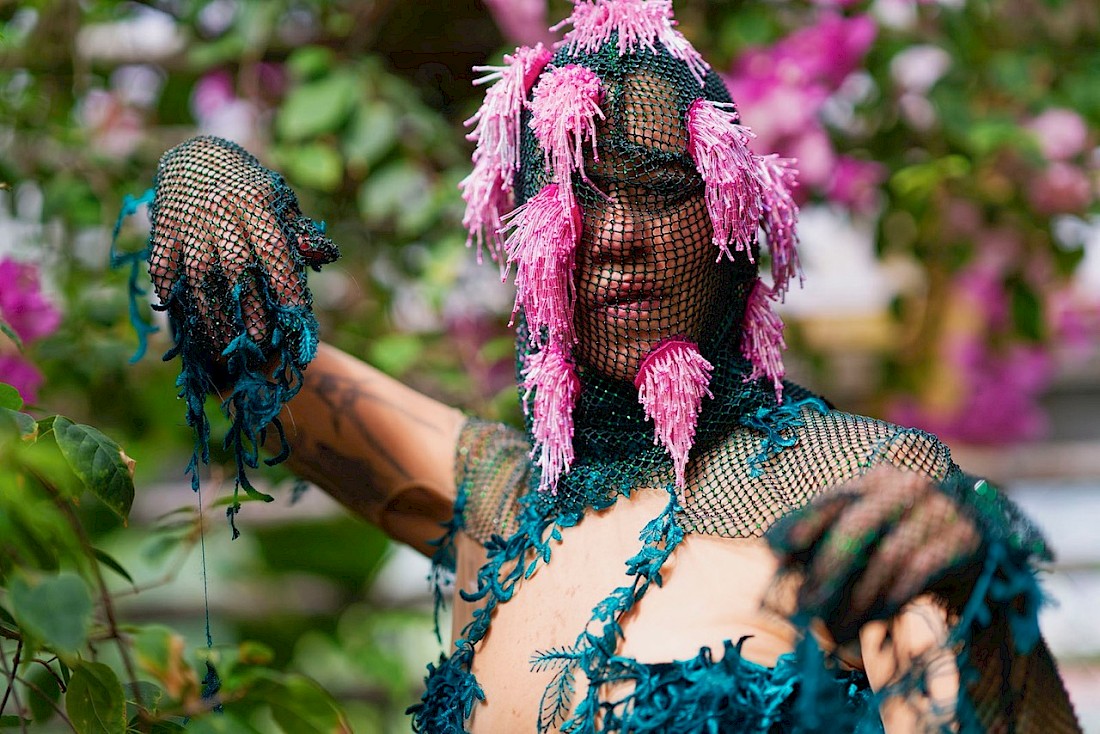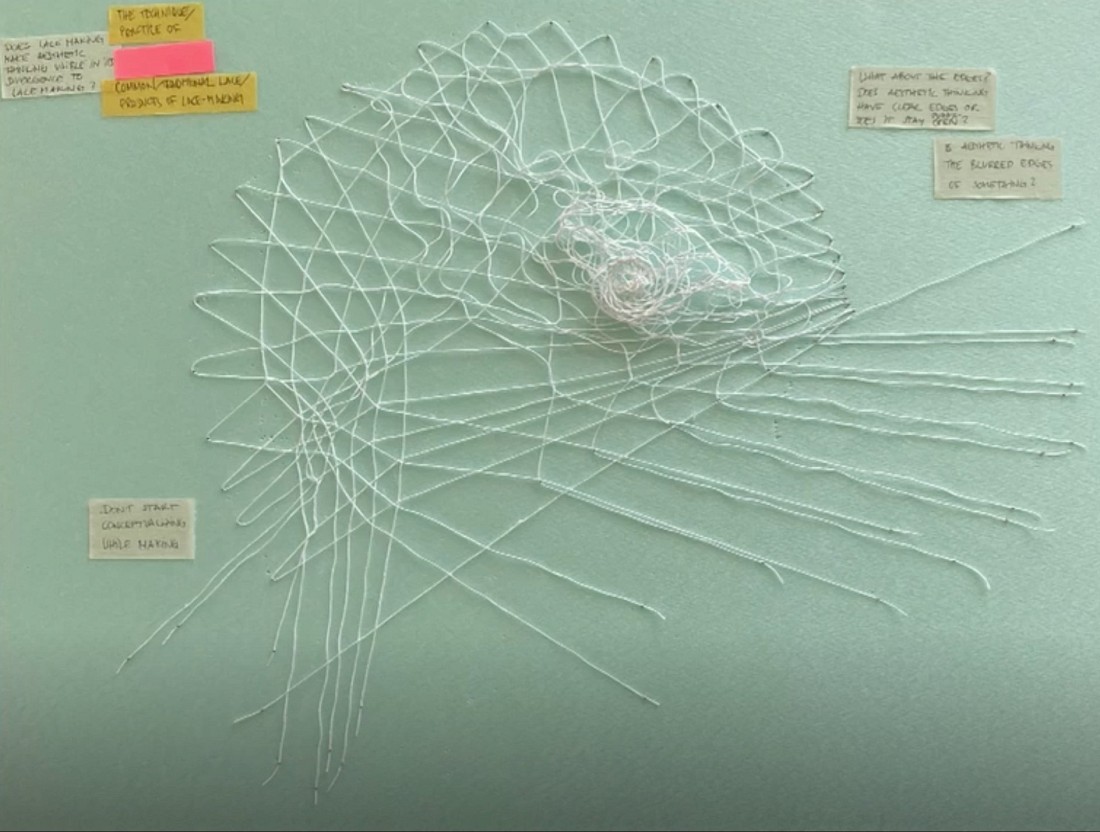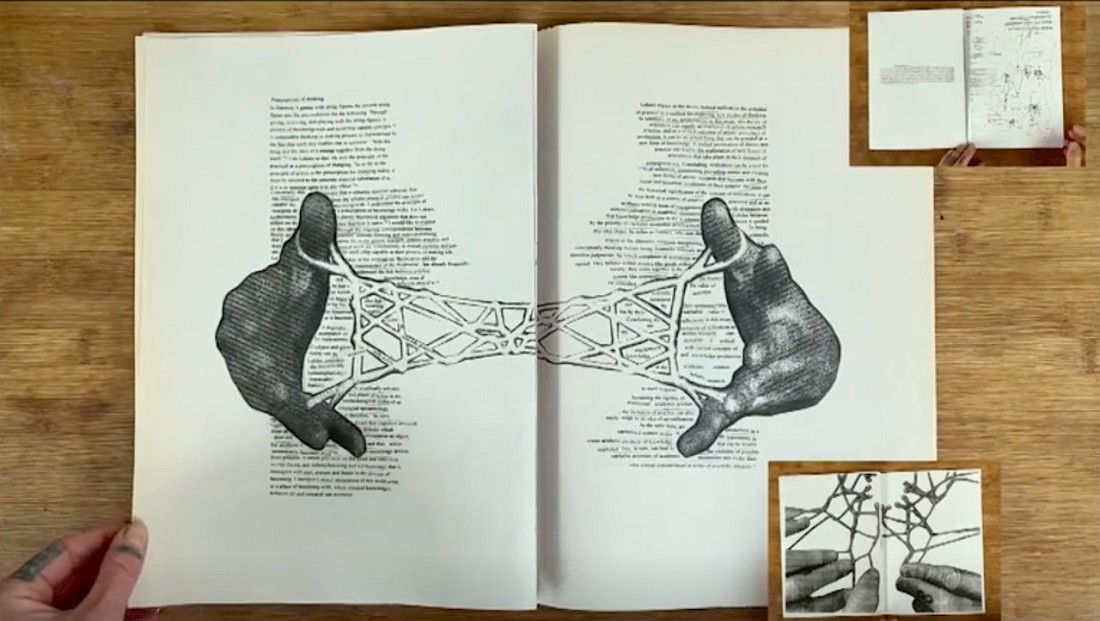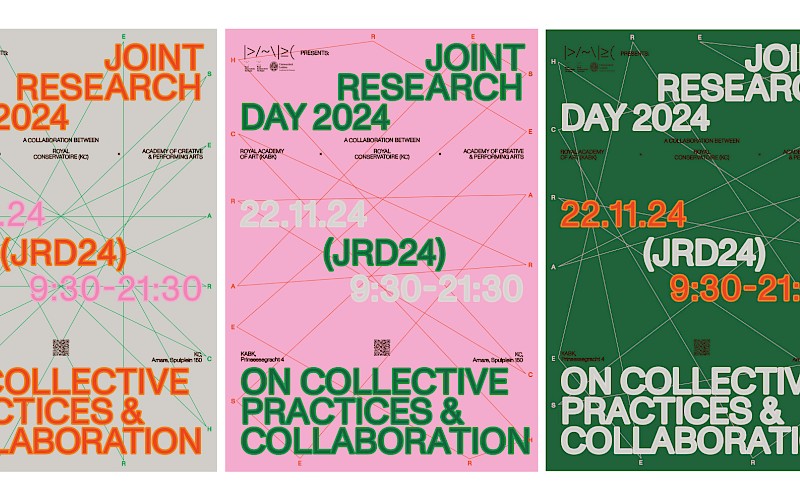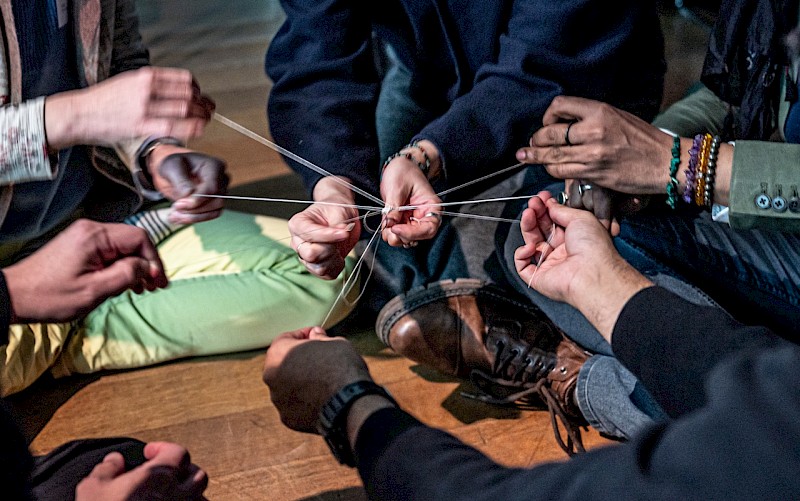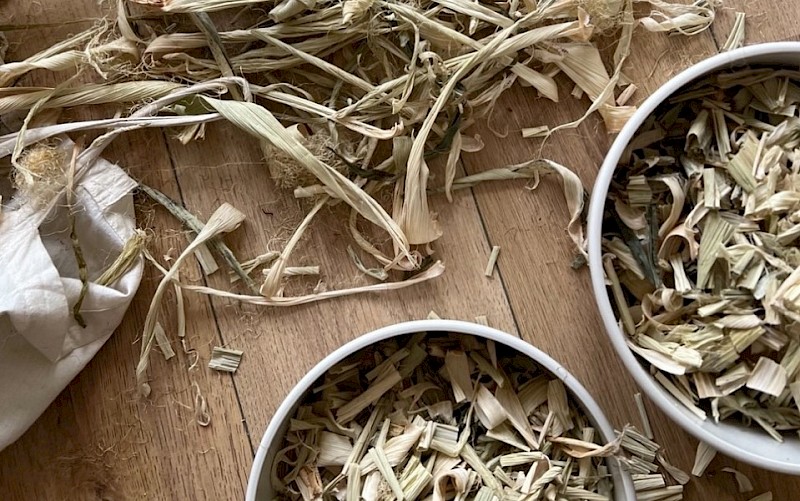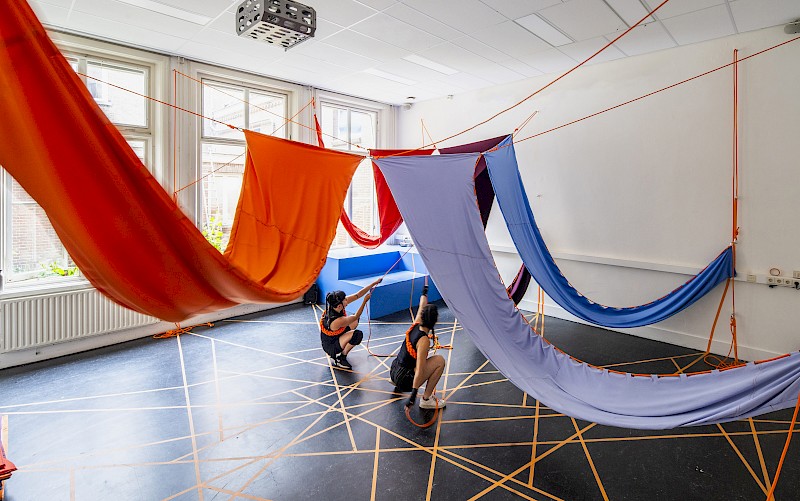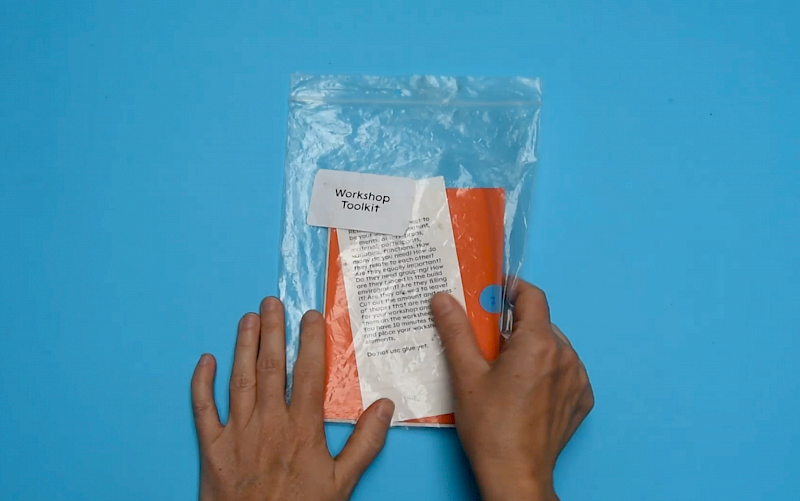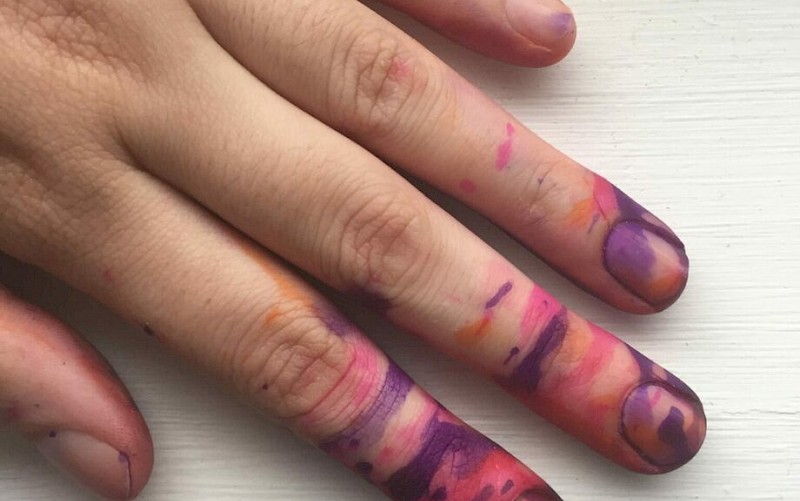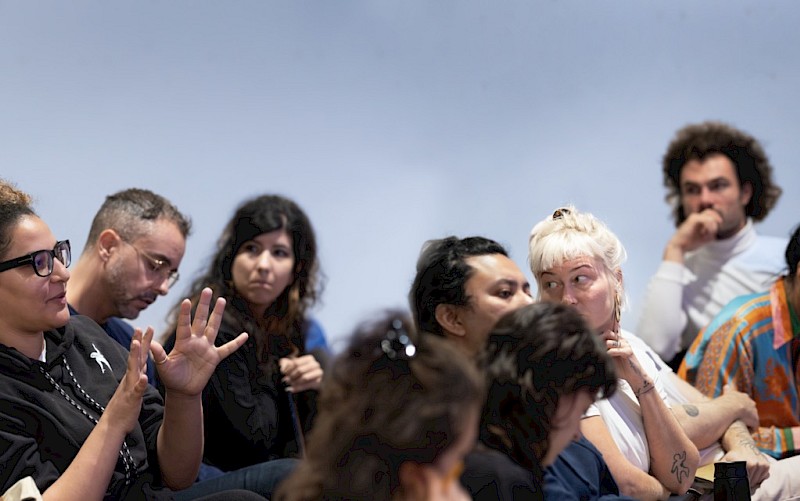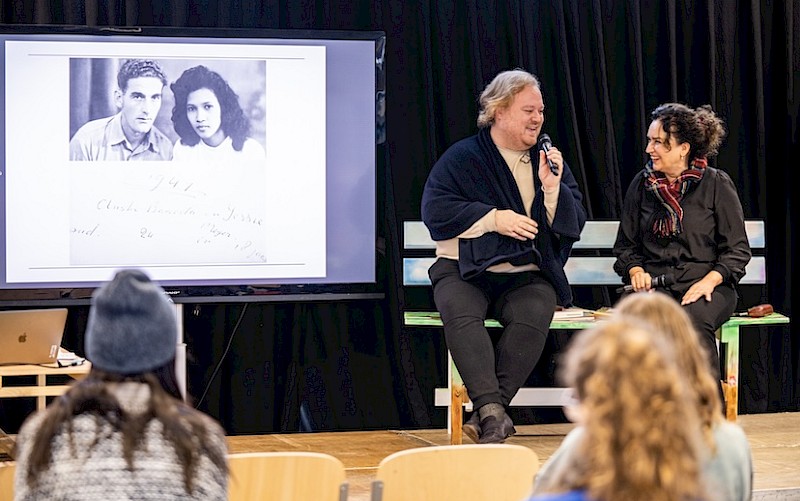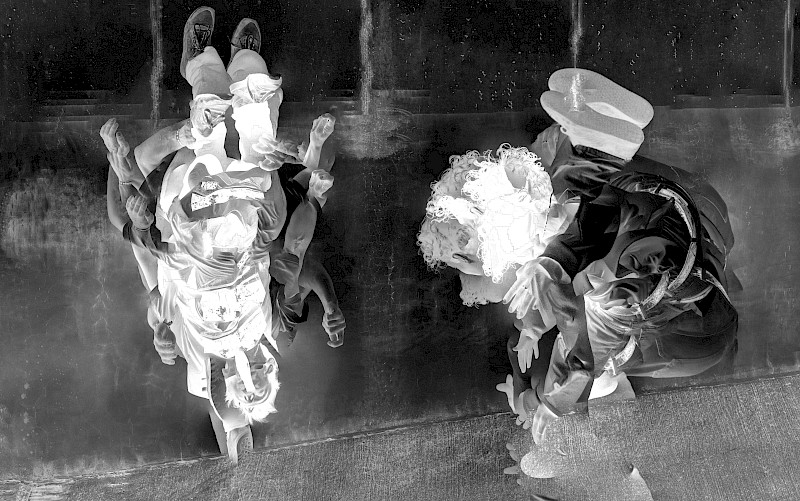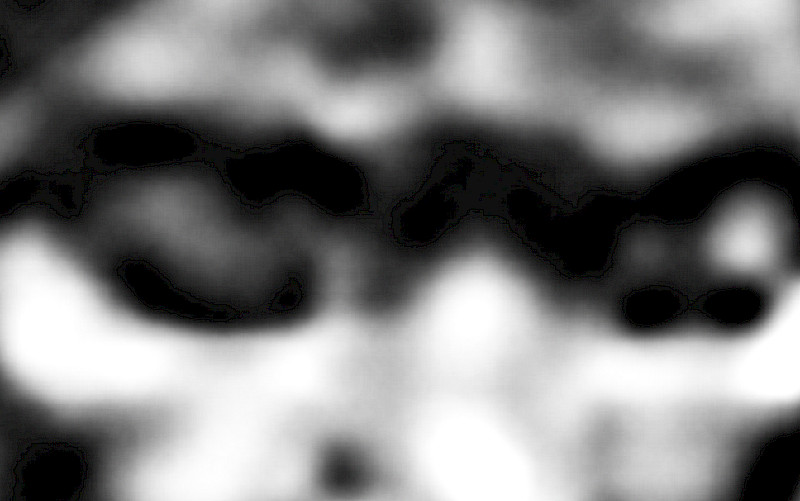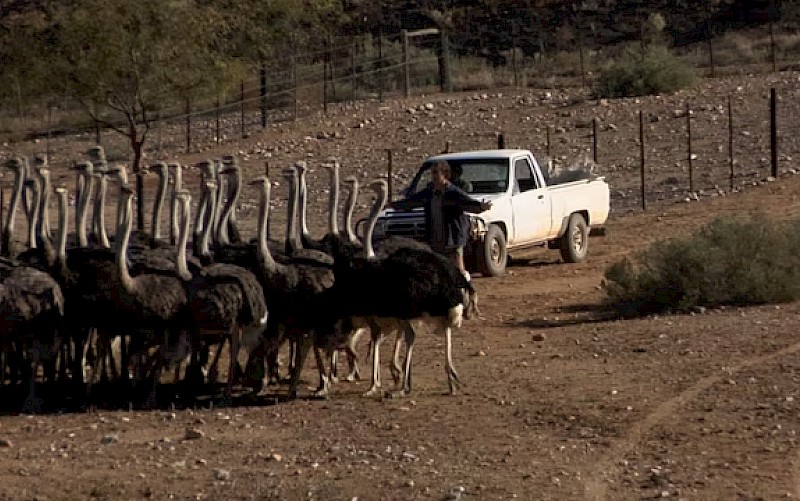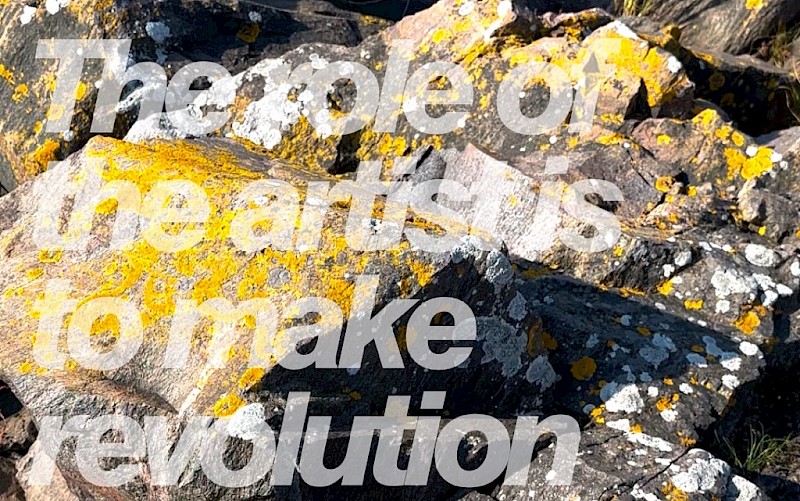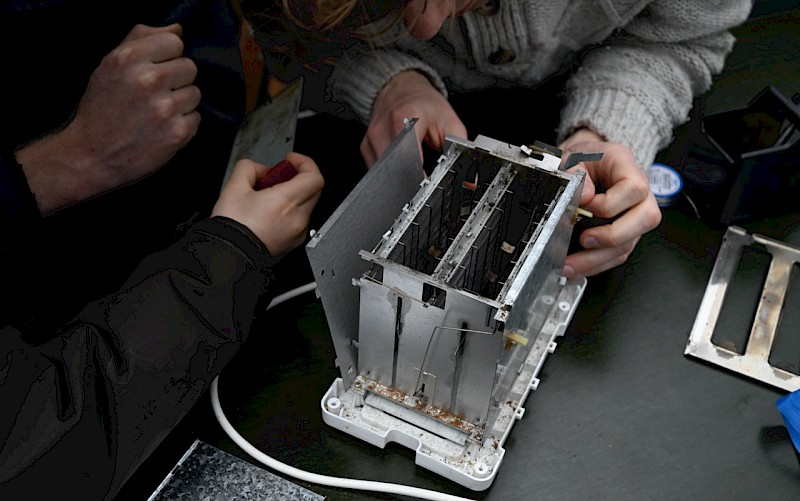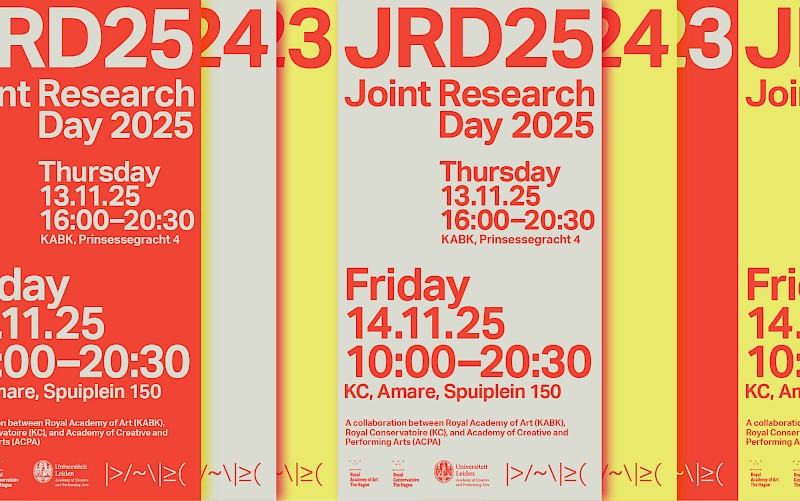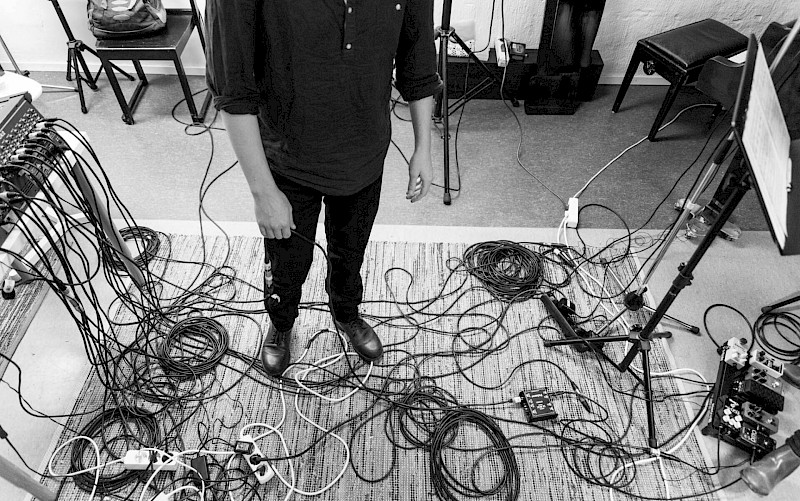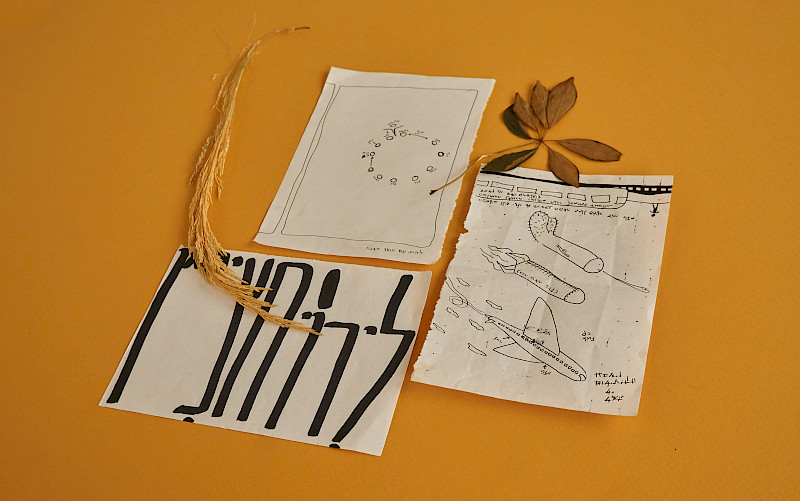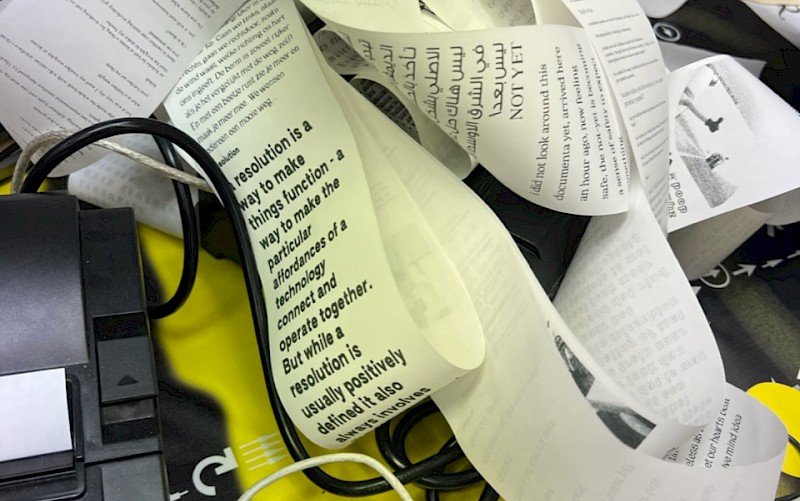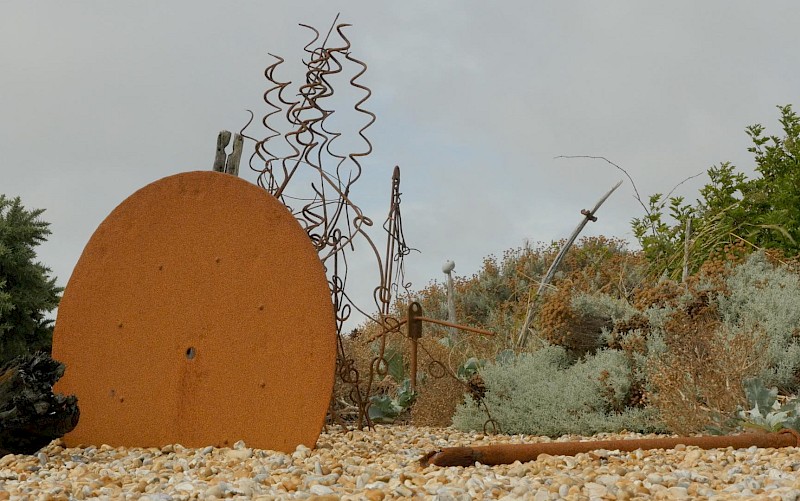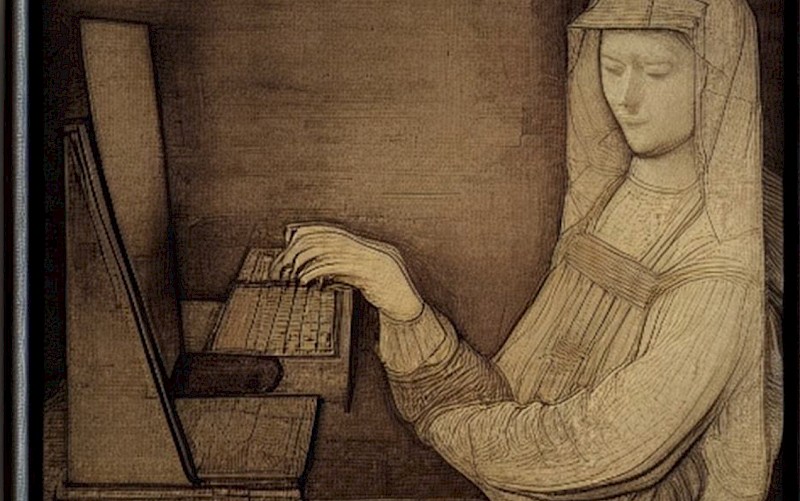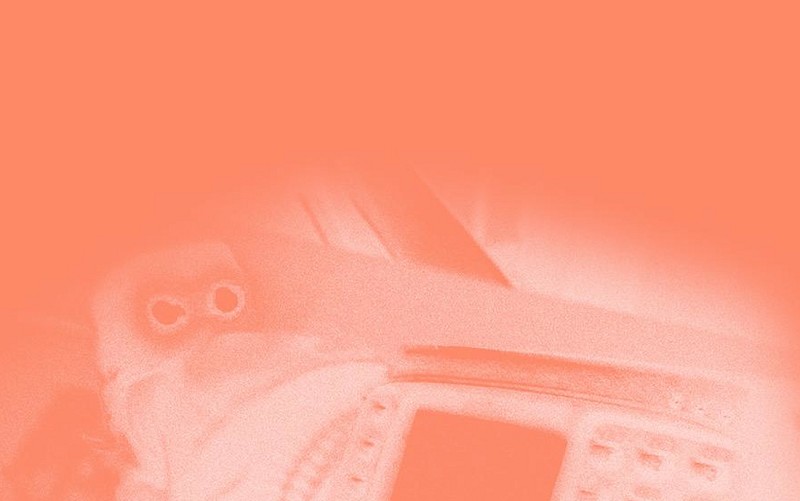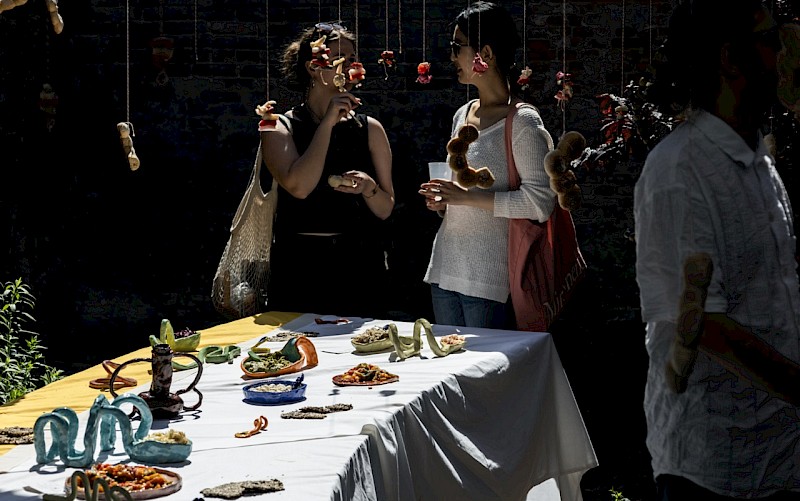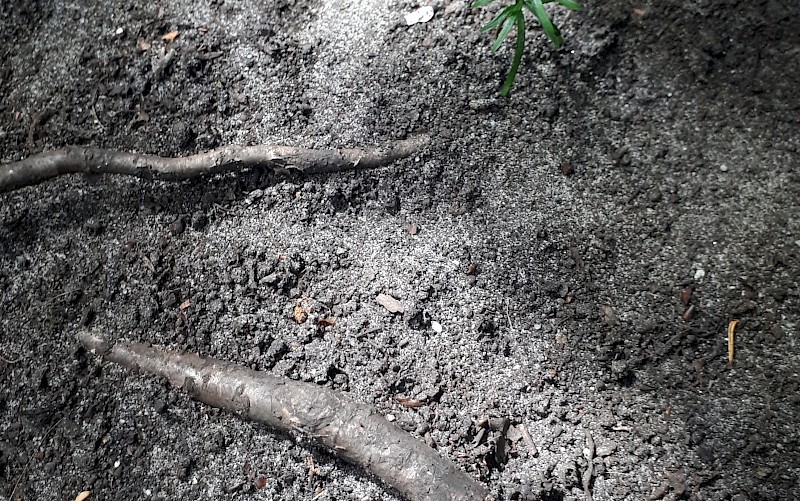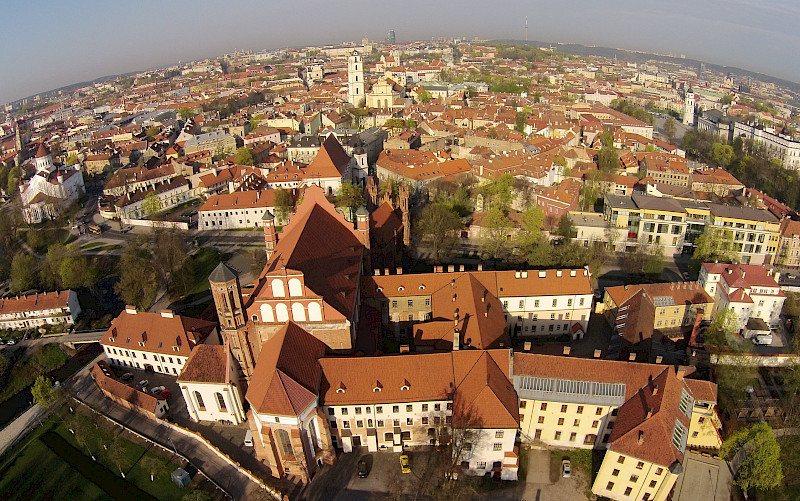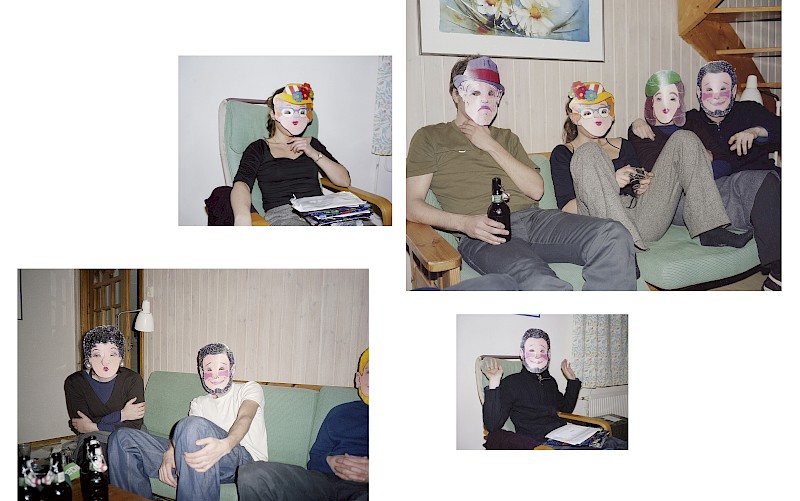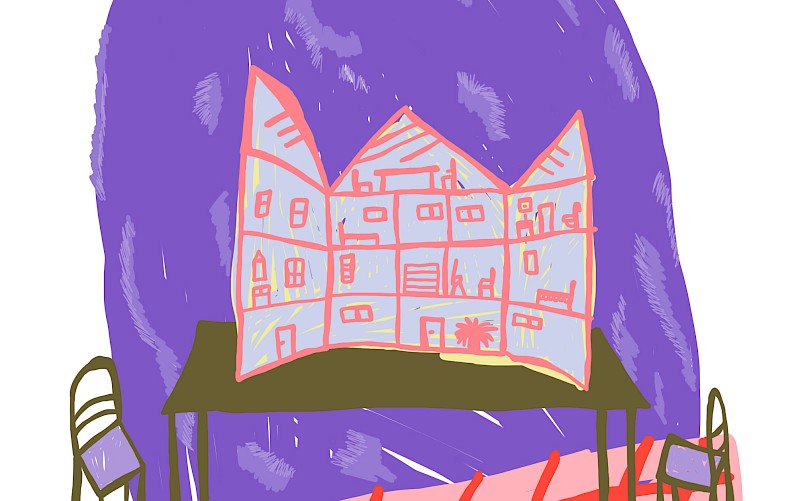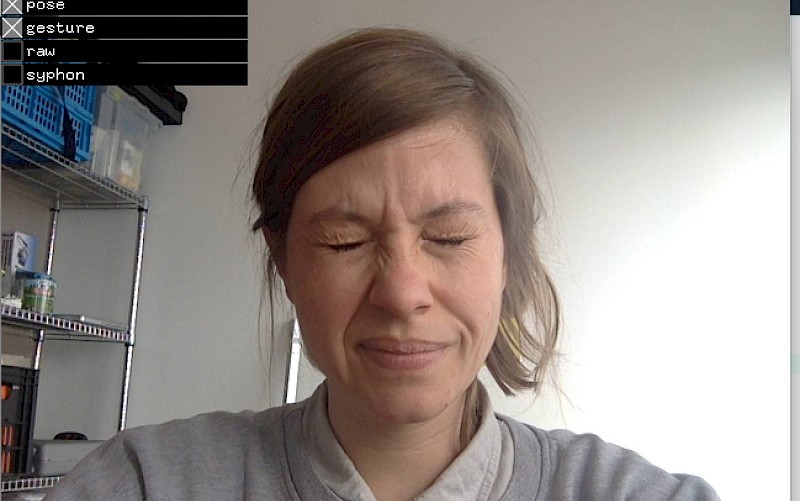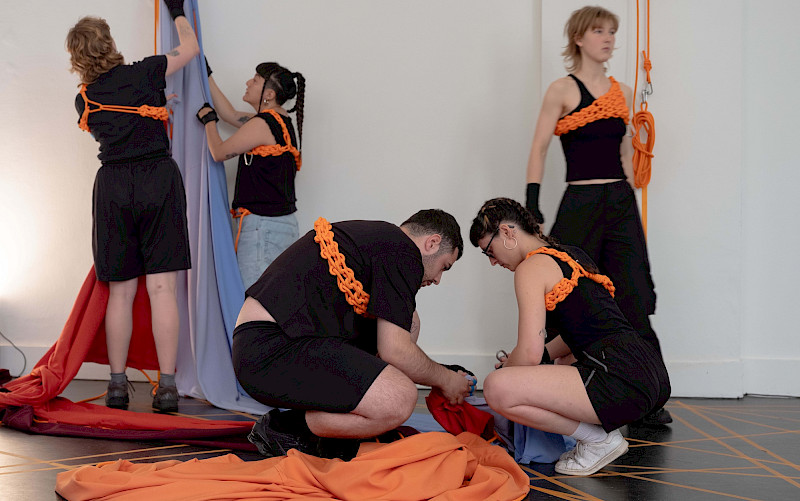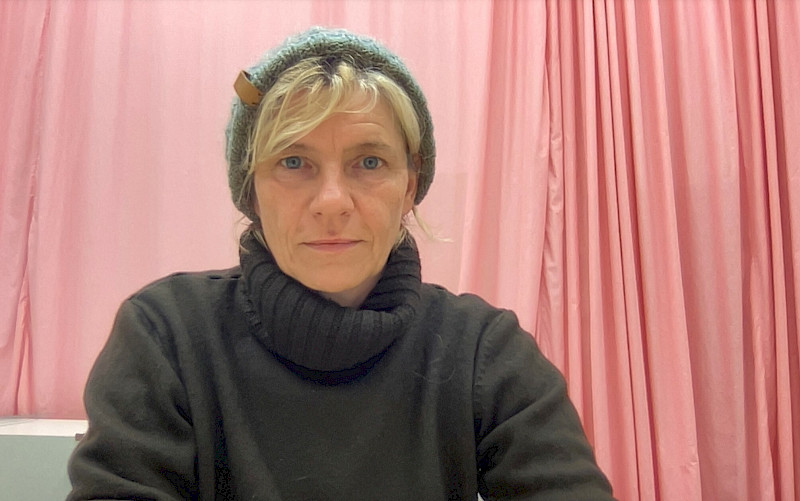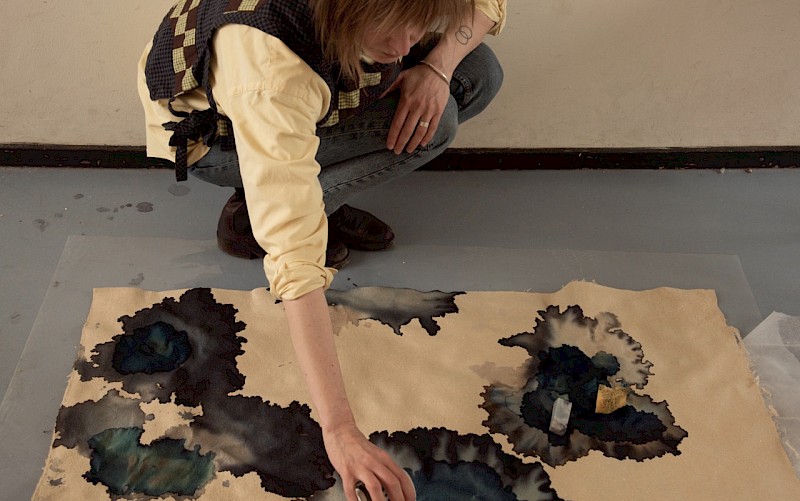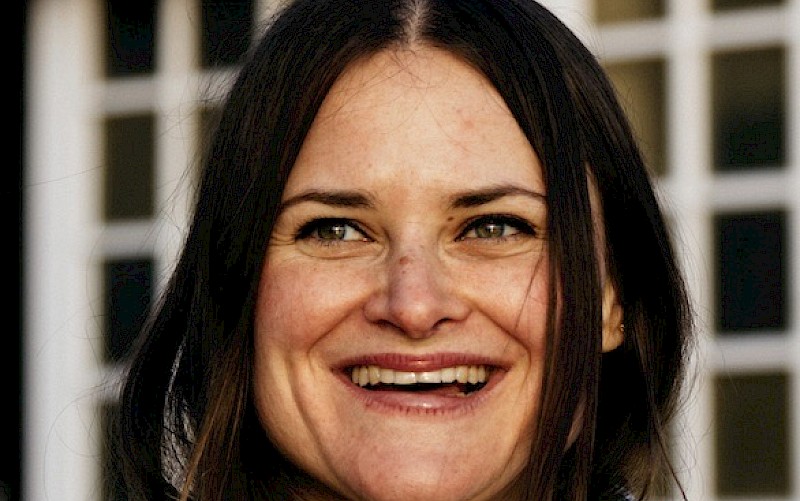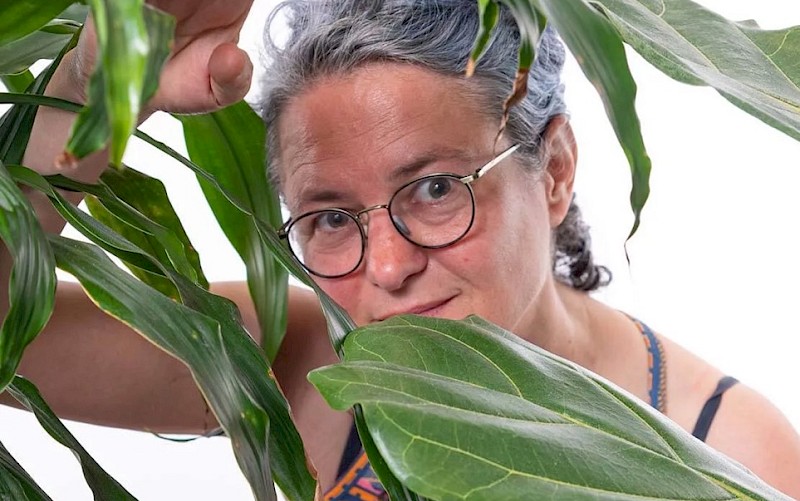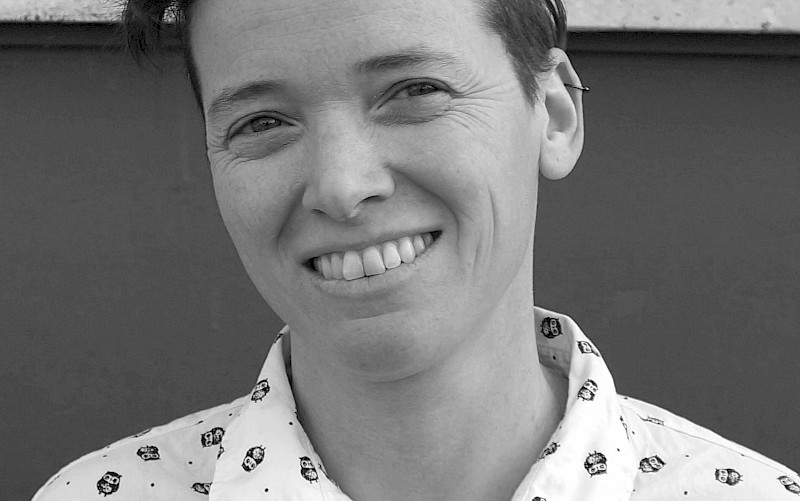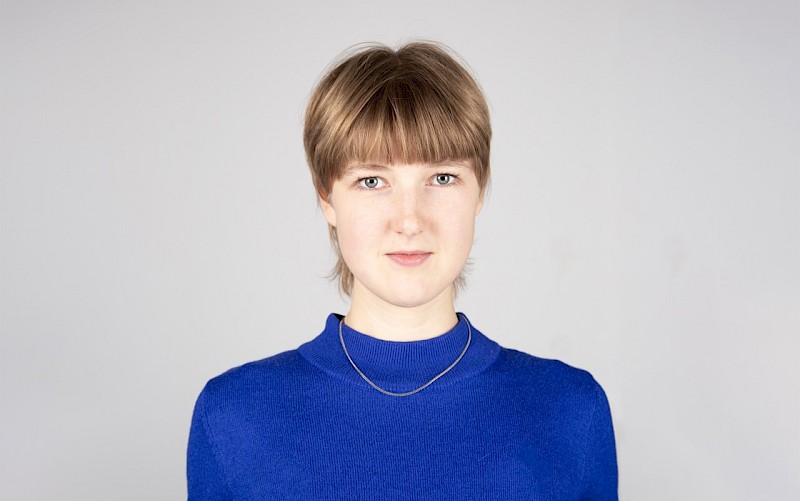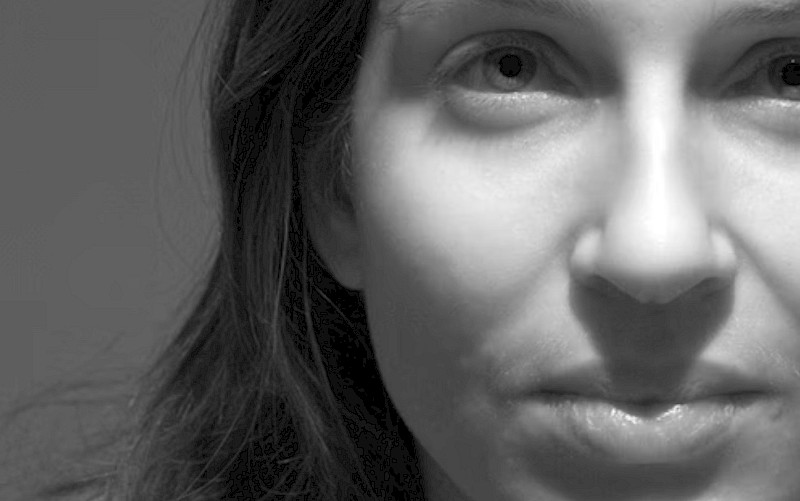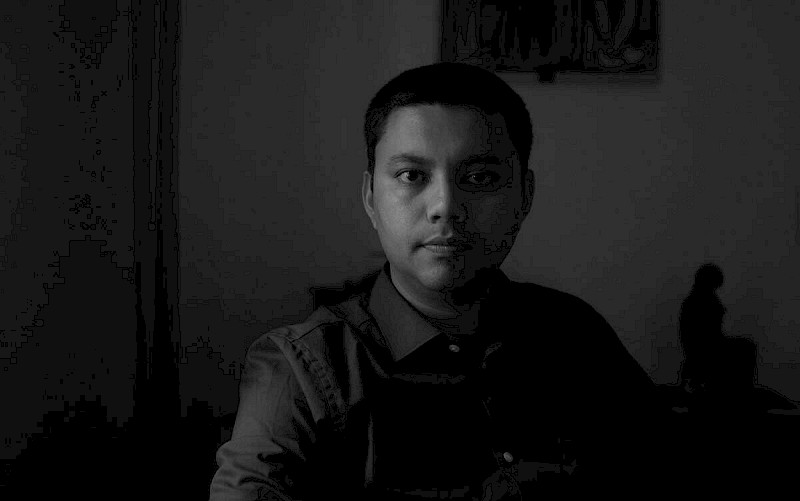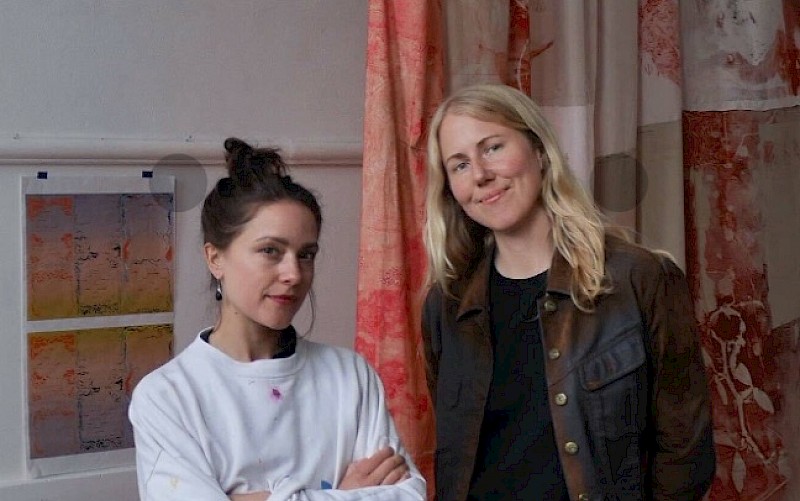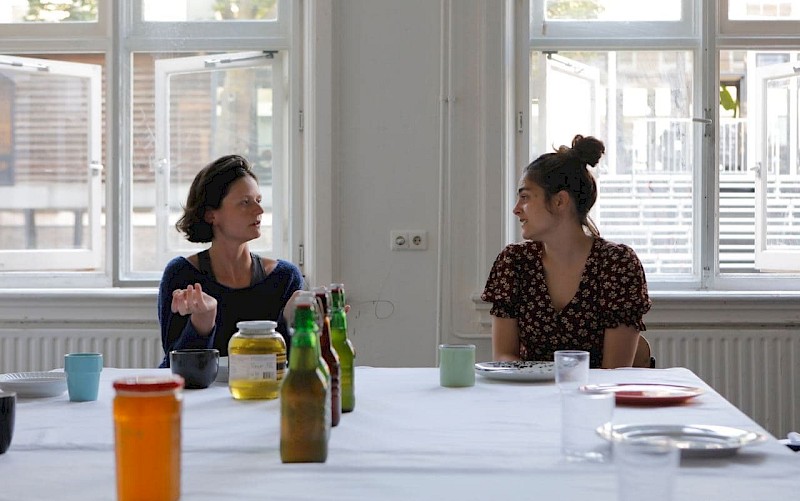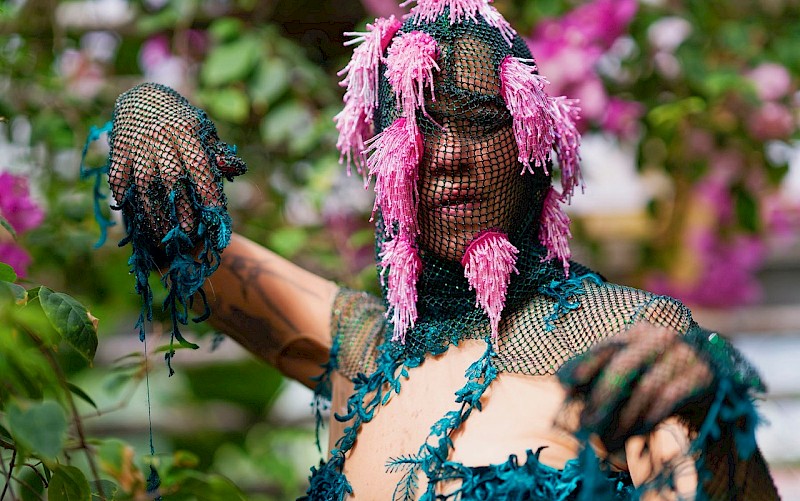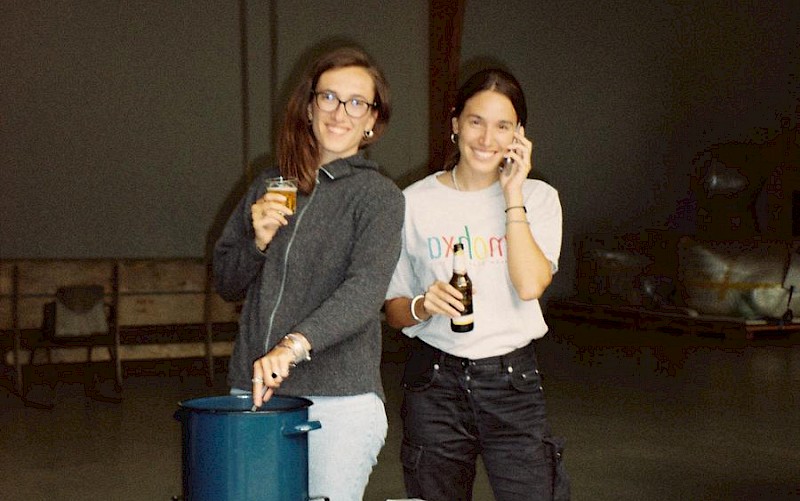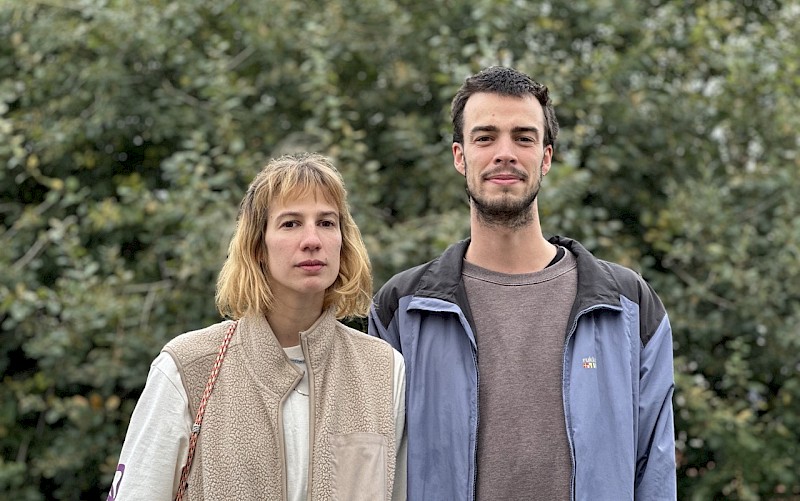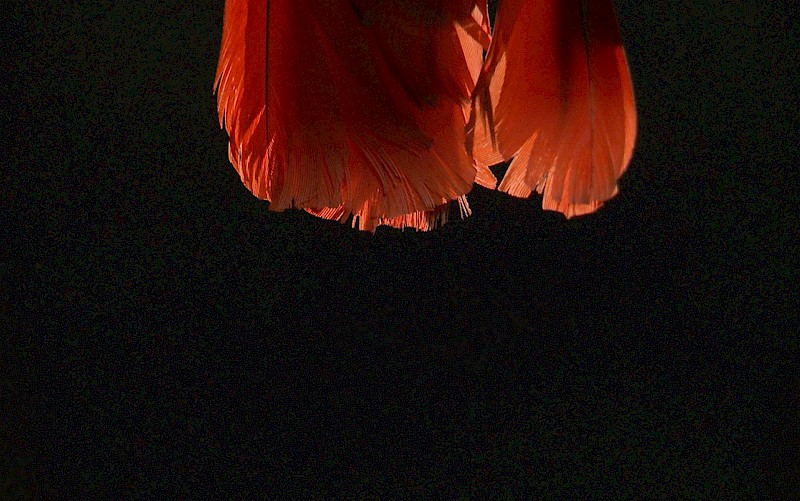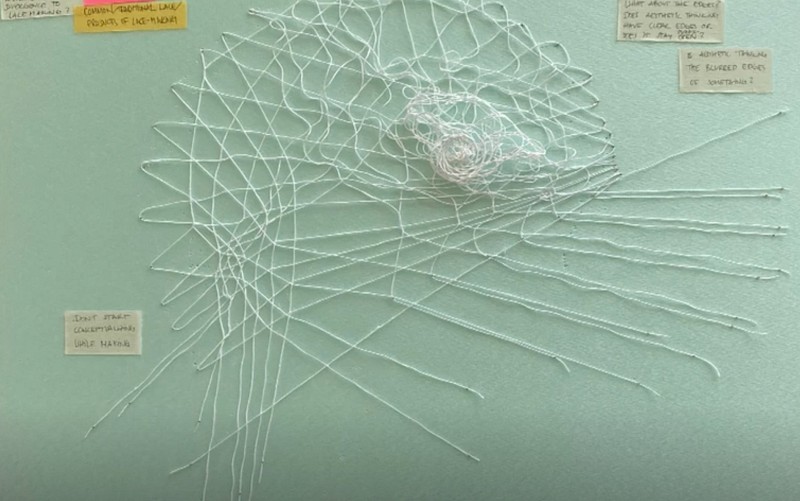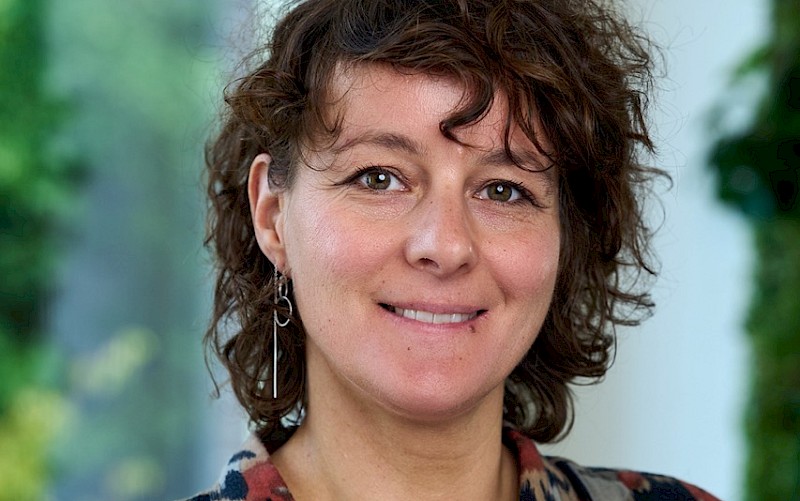
PhDArts Workshop and Colloquium
PhDArts is an international doctorate programme in art and design, and a collaboration between Leiden University Academy of Creative and Performing Arts and the Royal Academy of Art.
During the JRD24, PhDArts opens up parts of the study program through presentations, workshops and peer discussions by current PhDArts candidates.
Workshop
9:30-11:00 Juggling participation: Power-over, Power-to and power-with
This session will be collaborative in nature, converging and juxtaposing different artistic research methods from PhDArts candidate Savva Dudin, as well as Assistant Professor Anja Groten, who grapple with participation and facilitation in their research. By engaging with methods of game design, self-publishing and community organization, participants will questioning and playing with different notions of 'power' through various collaborative exercises and discussions.
How can positions and dynamics of power in collaborative settings be made explicit, in a way that allows power to be understood not as an obstacle to overcome, but as a tangible matter that can be balanced, iterated, challenged and played with—to becoming a form of experimentation?
Open Colloquium
11.15 - 12.30 Research presentations of Christine Rafflenbeul & Flavia Pinheiro
In practice-based research, or research conducted in and through art and design, practical action (the making) and theoretical reflection (the thinking) are interdependent. One cannot exist without the other, just as action and thought are inseparably intertwined in artistic practice. This type of research does not follow a predetermined methodology; instead, it maintains an open character shaped by the desire to reflect on one’s art or design practice in collaboration with others.
PhDArts therefore organizes regular colloquia which are a vital part of the PhDArts study program, offering PhD candidates a platform to present their research process and engage in discussions about artistic research methodologies by exploring the questions they are facing in collaboration with their peers. Colloquium presentations take various forms, including performance lectures, workshops, and interactive presentations.
Participants of JRD24 are invited to join one of the colloquial presentations about the research projects Mimosa: Interspecies Choreographies Towards a Decolonial Ecology by Flavia Pinheiro and Bobbin Lace-Making as Aesthetic Thinking by Christine Rafflenbeul.
Mimosa: Interspecies Choreographies Towards a Decolonial Ecology
This research project is about Mimosa Pudica as an important co-operation partner. I propose to work with these plants because they are particularly sensitive to touch.
The project will focus on understanding how touch can contribute to epistemological change; and how interspecies choreography can find a way to move between sources of knowledge to unlearn colonial pedagogies.
Methodologically, the research invites movement practice, improvisation, and speculative writing based on the modes of existence of the mimosa plant. This includes the creation of performative scores informed by experiences and narratives of the plant, possibilities of learning through touch, stories of migration, and images related to captivity and botany. The aim is to understand and create tools for a 'plant-like life practice‘.
The research project seeks to develop notions of how human and non-human realms can be bridged through touch and how this can promote awareness of other ways of knowing. What past and imagined future histories can be uncovered and remembered through touch? In what ways can interspecies touch and choreography offer new imaginaries?
Being with mimosas is an attempt to choreograph configurations of worlds we cannot yet imagine and to question how and with whom we learn.
Mimosa: Interspecies Choreographies Towards a Decolonial Ecology
This research project is about Mimosa Pudica as an important co-operation partner. I propose to work with these plants because they are particularly sensitive to touch.
The project will focus on understanding how touch can contribute to epistemological change; and how interspecies choreography can find a way to move between sources of knowledge to unlearn colonial pedagogies.
Methodologically, the research invites movement practice, improvisation, and speculative writing based on the modes of existence of the mimosa plant. This includes the creation of performative scores informed by experiences and narratives of the plant, possibilities of learning through touch, stories of migration, and images related to captivity and botany. The aim is to understand and create tools for a 'plant-like life practice‘.
The research project seeks to develop notions of how human and non-human realms can be bridged through touch and how this can promote awareness of other ways of knowing. What past and imagined future histories can be uncovered and remembered through touch? In what ways can interspecies touch and choreography offer new imaginaries?
Being with mimosas is an attempt to choreograph configurations of worlds we cannot yet imagine and to question how and with whom we learn.
Experimental Research on Bobbin Lace-Making as Aesthetic Thinking
In the Western philosophical tradition of thinking about the epistemological value of the arts and the aesthetic, the prevailing view is that all knowledge is based on reason. This notion precludes that processes of art making can be processes of knowledge production. The possibility of pursuing a doctorate in the arts reveals the urgency to expand this traditional discourse by including the arts themselves. My research project challenges a hegemonic understanding of epistemology and explores practice-based modes of expanding these traditional patterns of knowledge.
In my research, I investigate bobbin lace-making as aesthetic thinking and as spaces of possibility for new entanglements of art and research. Bobbin lace-making is based on a systematic alternation of twisting, crossing, knotting, and intertwining threads. I consider the making tool as a thinking tool: different strands of knowledge (threads) can be linked together in multiple ways. Structurally, following Deleuze and Guattari's idea of the rhizome, bobbin lace-making can be read as a mode of thinking: Potentially it morphs and shifts its configurations and outputs, grows in all directions, and provides multiple entryways. The generated patterns are integral to the process that produced them.
In the artistic experiment, I explore bobbin lace-making as a practice of aesthetic thinking. I not only rethink scientific methods in aesthetic practice but also reflect on my artistic concepts through theory and real-life issues in order to interlace them into a sustainable mesh of knowledge. Like a feedback apparatus, the artistic experiment stays in constant correspondence with the scientific and socio-political world in order to entangle in an aesthetic thinking practice that opens up for multiplicity and more inclusive ideas of knowing.
Experimental Research on Bobbin Lace-Making as Aesthetic Thinking
In the Western philosophical tradition of thinking about the epistemological value of the arts and the aesthetic, the prevailing view is that all knowledge is based on reason. This notion precludes that processes of art making can be processes of knowledge production. The possibility of pursuing a doctorate in the arts reveals the urgency to expand this traditional discourse by including the arts themselves. My research project challenges a hegemonic understanding of epistemology and explores practice-based modes of expanding these traditional patterns of knowledge.
In my research, I investigate bobbin lace-making as aesthetic thinking and as spaces of possibility for new entanglements of art and research. Bobbin lace-making is based on a systematic alternation of twisting, crossing, knotting, and intertwining threads. I consider the making tool as a thinking tool: different strands of knowledge (threads) can be linked together in multiple ways. Structurally, following Deleuze and Guattari's idea of the rhizome, bobbin lace-making can be read as a mode of thinking: Potentially it morphs and shifts its configurations and outputs, grows in all directions, and provides multiple entryways. The generated patterns are integral to the process that produced them.
In the artistic experiment, I explore bobbin lace-making as a practice of aesthetic thinking. I not only rethink scientific methods in aesthetic practice but also reflect on my artistic concepts through theory and real-life issues in order to interlace them into a sustainable mesh of knowledge. Like a feedback apparatus, the artistic experiment stays in constant correspondence with the scientific and socio-political world in order to entangle in an aesthetic thinking practice that opens up for multiplicity and more inclusive ideas of knowing.
